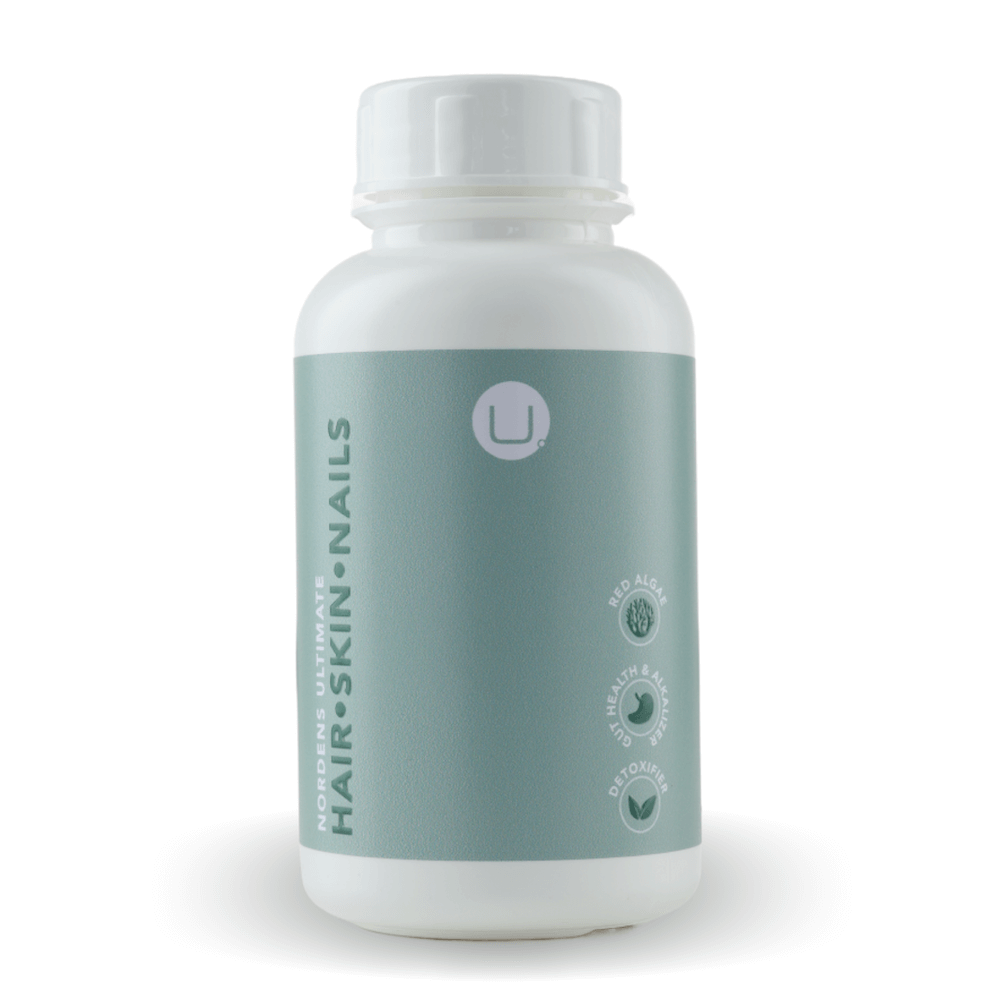Feel like you’re ‘losing it’ sometimes? It’s okay, as long as you don’t ignore it. Your brain is your super-computer, treat it like one. Delete stagnant files, sweep for bugs, reset when it gets stuck, exercise it, and most of all, enjoy its magnificent operating system for the rest of your life.
Stress Shrinks Your Hippocampus
An alarming number of young people are experiencing brain shrinkage normally associated with ageing. It may shock you to know that your thought patterns are a primary indicator of your brain health. The foggy, scrambled brain feeling, fragmented thinking patterns, and short-term memory difficulties are red flags telling you to pay attention to your brain health before it's too late!
Psychology Today states: “... stress and prolonged distress may impair our ability to think in creative and flexible ways. Research in… humans has demonstrated an association between stress exposure (or events) and shrinking of the hippocampus—the brain center responsible for forming new, time-sequenced memories”
Stress is unavoidable because it's a natural mechanism that triggers your ‘fight or flight’ response. The problem is that your brain can’t tell if the stress trigger is real, or if you’re just thinking it, or, watching it on the news or in a movie!
The key is to regularly destress, or switch off - like you do to your computer or device. Breathing a few deep inhales and exhales, take a walk in nature, hug a loved one or a pet, but do something to release whatever is stressing you. Don’t store it, lose it!
Protecting Your Precious Prefrontal Cortex
The area of your brain in charge of both your mental health and emotional well-being, is called the prefrontal cortex. Challenges and your ability to handle them with flexibility, your problem-solving department, impulse control, emotional processing and regulation happen in this part of your head.
On that Psychology Today notes: “... prolonged stress exposure led to disruption of brain systems involved in thinking and feeling… This finding may explain the pattern of repetitive negative thinking that depressed (and stressed) people exhibit. It is as if their brains get stuck in a negative groove of self-criticism and pessimism. They are unable to envision more positive outcomes or more compassionate interpretations of their actions.”
The good news? There are ways to keep our mental machinery running smoothly and avert anything from sneakily hijacking the precious cargo you carry in your head.
Two key concepts play a vital role in this quest: cognitive flexibility and cognitive reserve. Let's dig into that for a minute.
Unveiling Cognitive Flexibility: The Adaptable Mind
"The power of the brain to change, grow, and adapt is nothing short of miraculous." - Norman Doidge, author of The Brian that Changes Itself
Cognitive flexibility refers to our brain's ability to shift thinking patterns, adjust strategies, and inhibit ingrained responses. It allows us to:
- Think outside the box: Approach problems from different angles and find creative solutions.
- Cope with change: Adapt to new situations and unexpected events without becoming overwhelmed.
- Learn new things: Embrace new information and adjust our behavior based on what we learn.
Think of it like having a mental toolbox filled with different tools for different situations. The more flexible your thinking is, the more tools you have at your disposal to navigate life's challenges.
Cognitive Reserve - Your Brain's Built-in Strength
"The mind has the power to reshape the brain." - Norman Doidge, author of The Brian that Changes Itself
Imagine two houses built on the same street. One house is meticulously maintained, with a sturdy foundation and weatherproof materials. The other house has cracks in the walls and a leaky roof. When a storm hits, the first house will likely weather it much better.
Cognitive reserve works in a similar way. It refers to the brain's ability to withstand age-related decline, injury, and prolonged stress. People with high cognitive reserve experience slower cognitive decline or even avoid symptoms altogether, even if their brains show signs of damage.
Think of it as your brain's built-in resilience. It allows you to compensate for potential weaknesses by using alternative neural pathways or cognitive strategies.
Strategies for Cognitive Flexibility and Cognitive Reserve
“We found that the brain can change its own structure and function through thought and activity.” - Norman Doidge, author of The Brian that Changes Itself
- Challenge Your Mind: Learning a new language, playing brain-teasing games like chess or Sudoku, or even tackling a challenging crossword puzzle can all help keep your brain on its toes.
- Embrace Lifelong Learning: Take a class, learn a new skill, or simply read a book on a topic that interests you. Consistently exposing yourself to new information keeps your brain engaged and fosters the creation of new neural connections.
- Stay Socially Active: Strong social connections are linked to better cognitive function. Make time for friends and family, or join a club or group activity to boost your social engagement.
- Get Moving: Exercise isn't just good for your body; it's fantastic for your brain too! Regular physical activity improves blood flow to the brain, which can nourish brain cells and promote cognitive health. Aim for at least 30 minutes of moderate-intensity exercise most days of the week. Sitting destroys brains too, so set a timer and get off your butt every 20 minutes!
- Embrace a Balanced Diet: What you eat impacts your brain health. Focus on a diet rich in fruits, vegetables, whole grains, and lean proteins. Don't forget healthy fats like those found in fish, nuts, and seeds.
The more flexible your thinking is and the stronger your cognitive reserve, the better equipped you'll be to navigate life's challenges, learn new things, and maintain a sharp mind for years to come.
Natural Supplements for Brain Health
While a balanced diet is key, natural, organic supplements offer additional benefits for cognitive function. Here are a few with promising research:
- Vitamin D: Studies suggest a link between low Vitamin D levels and cognitive decline. Aim for adequate sun exposure ( never in the heat of the day) or consider a Vitamin D supplement.
- Omega-3 Fatty Acids: Found in fatty fish like salmon and tuna, or available in supplement form, Omega-3s are essential for brain health and play a role in cognitive function.
- Lion's Mane Mushroom: This adaptogenic mushroom shows promise in supporting nerve growth factor (NGF) production, which is crucial for maintaining healthy brain cells.
Conclusion: By incorporating these brain-boosting activities, vitamins and supplements into your life, you can take charge of your cognitive health. Remember, a healthy lifestyle is the foundation for a healthy brain, so embrace lifelong learning, stay active, and nourish your body and mind!
Feel free to explore the Cures & Creams online store and source the natural remedies that are just right for you and your loved ones.
Take advantage of running specials, reward points and repeat order subscription benefits.
Disclaimer: This article is for informational purposes only and does not constitute professional medical or psychological advice. Please consult with a qualified healthcare professional for personalized guidance.





